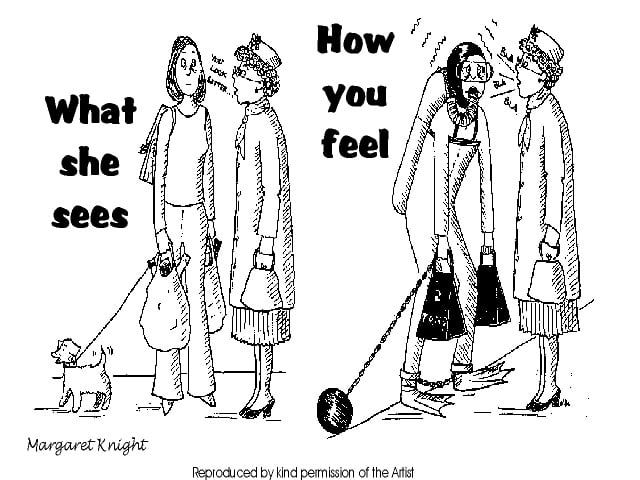Any person with a long term illness could tell you that being sick makes big social occasions hard. Often they require a lot of mingling and active participation which is almost impossible if you're in pain or have no energy. The last big event I went to was on Good Friday and I fell asleep in a corner twice. Even small events in big locations like clubs or bars can be difficult for the same reasons.
As a result, people stop inviting ill people some events because they know attendance is unlikely. This in itself can mean that the ill person feels left out and gets to see their friends less often.
That's why I've decided to write today about more inclusive activities for people with disabilities and illnesses. You never know, you might discover some fun ways to get to see a friend who's sick and reluctant to come out much. I've tried to only include activities here which don't revolve around the sick person because everyone else should be able to have fun too and it's less of an inconvenience if the sick person has to cancel last minute.
Picnics
Ok, I live in Ireland so picnics aren't exactly a wise idea all year round. If you live somewhere else (or in Ireland during the 2 weeks of 'summer' every year) though then it's well worth a try. If you plan it in a place that's easily accessible you can get a nice big group together without the hustle and bustle of an indoor event.
Going Out To Lunch/Dinner
As simple and everyday as it sounds, going out to lunch or dinner can really brighten up your day. It doesn't have to be something fancy. Even a casual meal has the benefit of getting someone out of the house, giving them company and it only needs a couple of hours worth of energy to do.
Movie Days
 This is one of my personal favourites because it's something that I used to do all the time before I got sick. Go to Netflix or get a DVD, invite a couple of people over and have a movie day. If it's very close friends only then it can be hosted at the sick person's house (just make sure you help clean up afterwards). When the focus is on something else it's easy for someone to drop out of conversation or go and lie down somewhere without attention being drawn to them. Also there's almost no movement involved for the entire day.
This is one of my personal favourites because it's something that I used to do all the time before I got sick. Go to Netflix or get a DVD, invite a couple of people over and have a movie day. If it's very close friends only then it can be hosted at the sick person's house (just make sure you help clean up afterwards). When the focus is on something else it's easy for someone to drop out of conversation or go and lie down somewhere without attention being drawn to them. Also there's almost no movement involved for the entire day.Baking days
You can only really do this with around 3 people or fewer, but it's a great way to spend the day. The energy required for baking is significantly lessened when there's another person to help. If you notice your friend beginning to wilt, just pick up the slack so that they don't run out of energy entirely. There's also a built-in rest break as the food cooks, followed by a sitting-around-eating break after.
Bringing Over Dinner
Eat food, chat, maybe watch a film. It only takes a couple of hours worth of energy and bringing over food saves the sick person energy on buying food, cooking, cleaning and travelling. If you're doing it with someone who's reasonably healthy you can take it in turns to bring stuff over, but be willing to settle for takeaway, pre-made food or ready meals when it's their turn.
One-time Classes
Now classes do have one significant downfall: You lose money if you cancel last minute. If, however, the sick person in question is going through a consistent phase of the illness these classes can be really great. Sites like Living Social offer one-time classes at a discount. They require about 2-3 hours of energy and at the very least you'll learn some new skills like pottery or cooking.
You can also make bigger events easier by making sure there's a suitable resting/napping place available nearby and making sure there's a lot of people they know also attending. That's often an inconvenience though so if you're not able to don't worry about it. If you're really at a loss, don't be afraid to ask your friend what they want to do. These suggestions are more about when the patient is unwilling to risk going out or seeing people. I hope these help a bit, bye for now!




